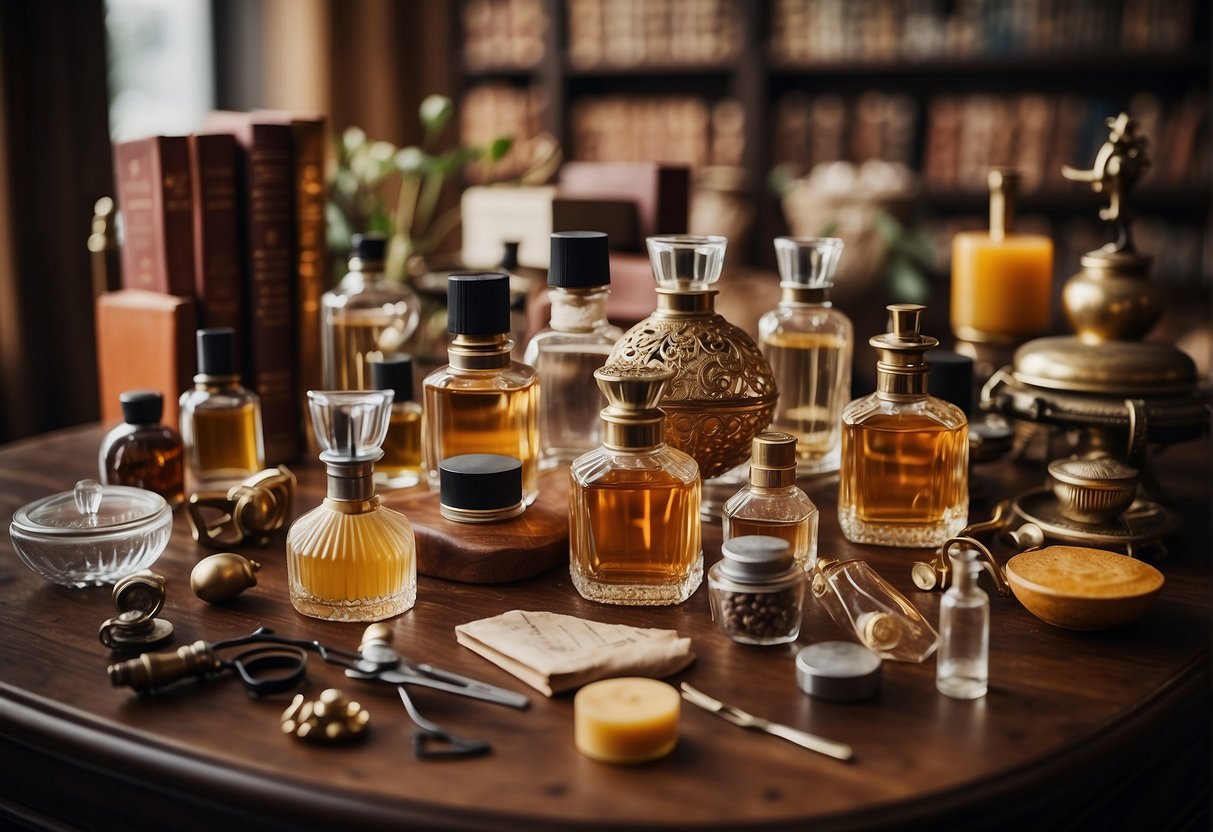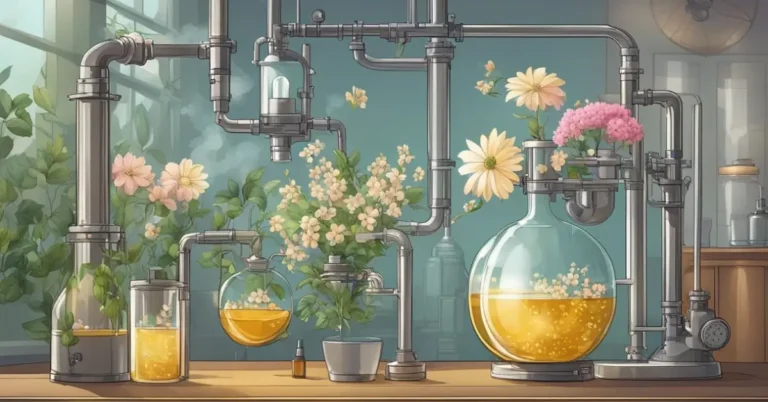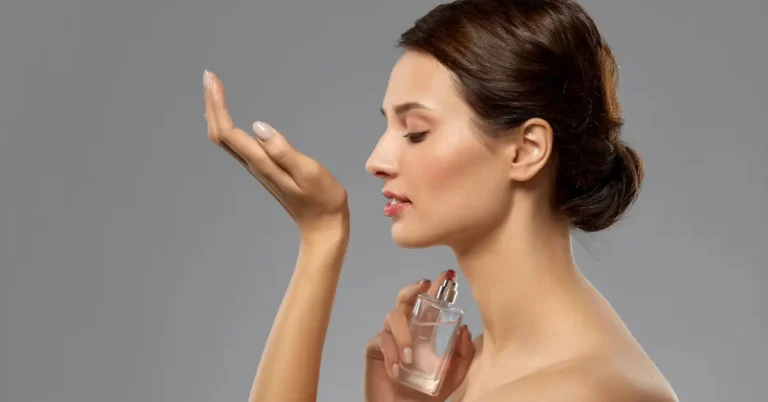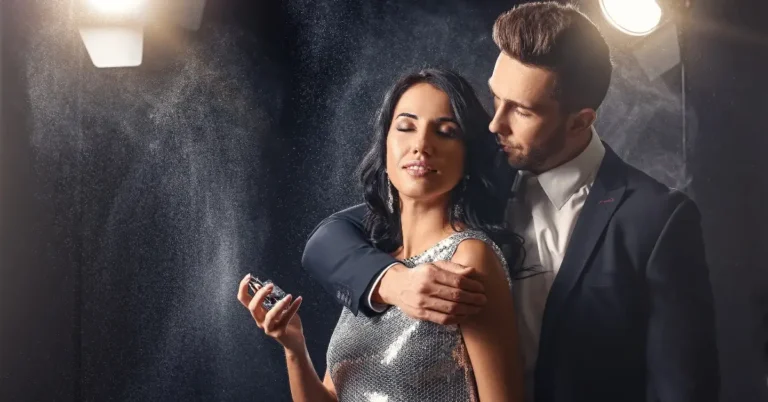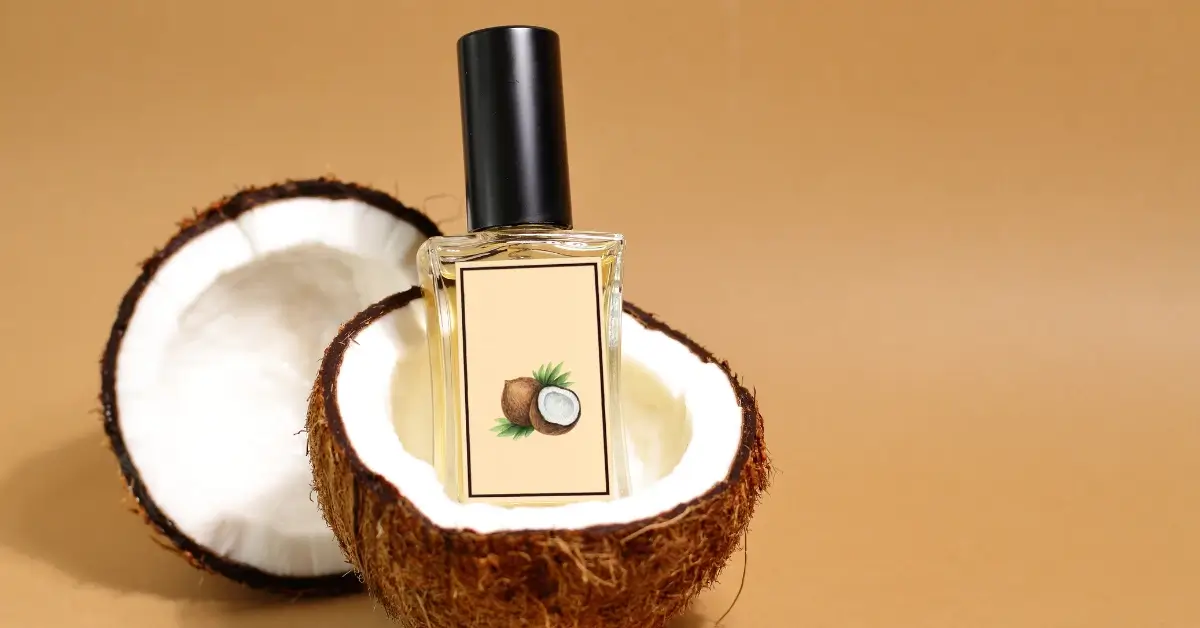Unlock the magic of creativity with **”How to Become a Perfumer: 7 Insider Secrets,”** revealing hidden industry tips for diving into the fascinating world of scent design.
Learn from the experts and master the craft of perfumery with these seven key strategies to turn your passion for scents into a flourishing career.
How to Become a Perfumer?
As a perfumer, you are an artist of olfactory sensations, responsible for creating fragrances that captivate the senses and emotions.
Your role goes beyond mixing scents — it’s about evoking experiences and memories. Your creativity is your most powerful tool; with it, you’ll craft unique scents that tell stories and resonate personally with users.
The Importance of a Strong Foundation in Chemistry
To succeed in perfumery, you must have a solid grasp of chemistry. After all, creating fragrances is a science-intensive endeavor. Understanding the interactions between different chemical compounds is critical to your ability to create stable, pleasing scents.
Many aspiring perfumers equip themselves with degrees in chemistry or related fields. Such knowledge aids you in experimenting with natural and synthetic ingredients to produce new, exciting fragrances.
Developing Your Unique Sense of Smell and Creativity
Training your nose is an indispensable part of becoming a perfumer. The ability to distinguish and remember a wide array of smells is essential. You sharpen your olfactory skills by experimenting with essential oils and everyday scents.
Your sense of smell is your most important asset — hone it by actively smelling and documenting your experiences. Combining this heightened sensory awareness with creativity opens the door to signature scents that could define your career.
Perfumery Education and Training Pathways

Choosing the Right Perfumery School
When considering a perfumery school, look for institutions that offer a graduate degree in perfumery or related programs, integrating both theoretical and practical aspects. Some notable schools include:
- ISIPCA: Based in France, it’s highly regarded for its comprehensive programs.
- IFF (International Flavors & Fragrances): Renowned for creating and applying fragrances and flavors.
- Education: Typically, these schools require a college degree in chemistry or biology as a prerequisite.
Schools often provide access to vast olfactory libraries and connect students with industry professionals, opening up networking opportunities within the perfumery world.
| School Name | Location | Known For |
|---|---|---|
| ISIPCA | France | Comprehensive programs and industry connections |
| IFF | International | Innovation in scent formulation |
Ensure you research each school’s curriculum and links to the industry thoroughly to make an informed decision.
Gaining Hands-On Experience Through Apprenticeships
An apprenticeship is a traditional and immersive way to gain practical experience. Working side-by-side with experienced perfumers, you can:
- Learn about raw materials and scent composition.
- Understand fragrance structure and the subtleties of different materials.
Leveraging Online Courses and Workshops
In today’s digital era, online courses and workshops offer flexibility to learn about perfumery. They can be an excellent way to:
- Gain introductory knowledge or specialized skills.
- Access learning materials from anywhere in the world.
Online platforms may not replace the hands-on experience of a perfumery school. Still, they are valuable for continuous learning, especially alongside a more Western education system approach or for those transitioning from different fields.
Remember, while online resources are beneficial, nothing beats the tactile and olfactory experiences gained through in-person training and apprenticeships.
Launching a Successful Career in Perfumery

Building Your Professional Network
A robust professional network will flourish your journey in the fragrance industry. Engage actively in industry events, from workshops to seminars, and seize every chance to connect with experienced fragrance professionals. Forge relationships with peers and mentors at professional organizations, like the International Fragrance Association (IFRA), to enrich your industry knowledge and uncover new professional opportunities.
- Attend conferences and exhibitions specific to perfumery.
- Join online forums and social media groups where perfumers gather.
- Follow industry leaders and companies, such as Givaudan, on professional platforms like LinkedIn.
The Background of the Business of Fragrances
Grasp the intricate dance of art and commerce to truly excel. Familiarize yourself with the business strategies that drive a successful cosmetic or perfume company, including creating a memorable perfume bottle design and strategic brand marketing.
Knowledge of sourcing high-quality natural ingredients and essential oils is crucial, ensuring that your creations not only enchant the senses but are also viable in the marketplace.
- Learn about sourcing and the supply chain for natural and synthetic ingredients.
- Research market trends to see what types of fragrances are succeeding.
Exploring Opportunities Within Fragrance Houses
Position yourself for success within esteemed fragrance houses by showcasing your ability to innovate in aroma and scent creation. Demonstrate your knowledge about the sensory aspects of perfume-making, from essential oils to the nuances of different aroma compounds.
Strive to communicate your unique perspective and ideas effectively, and always be open to learning from these houses’ vast professional opportunities.
- Intern or work at a fragrance house to gain first-hand experience.
- Pitch your unique fragrance ideas to established companies.
FAQ:
What qualifications do you need to be a perfumer?
To be a perfumer, you typically need a degree in chemistry or a related field, specialized training in perfumery, and a strong sense of smell.
How many years does it take to become a perfumer?
Becoming a perfumer usually takes 5 to 10 years, including education and on-the-job training.
How much do perfumers earn?
Perfumers earn varying salaries, but an entry-level perfumer can expect around $55,455, increasing with experience.
Do perfumers get paid well?
Experienced perfumers can get paid well, with salaries potentially ranging from $96,049 to $119,122 annually in the United States.

